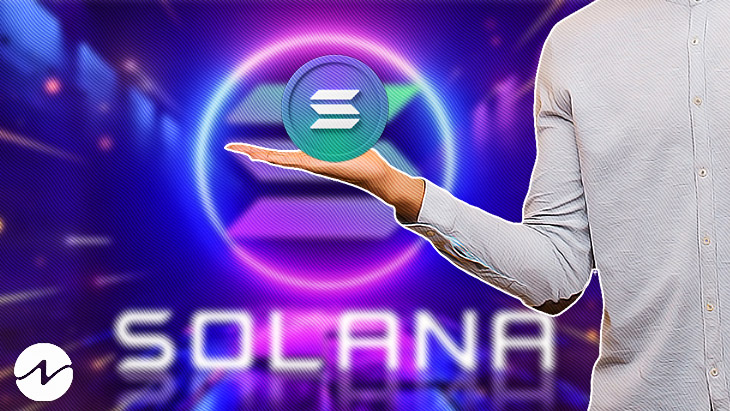- The new state compression lowers the price of storing data on the blockchain.
- Protocols like Dialect and Crossmint have already started to use state compression.
This year, Solana, which is widely seen as Ethereum’s main competitor, received a lot of negative attention. Solana claims to have solved the many outages and technical issues plaguing the blockchain with its “state compression” technique. Moreover, it also intends to reduce the cost of minting NFTs.
Merkle trees, a kind of data structure that enables trustworthy off-chain storage on Solana, are used for state compression. This is a good thing since it lowers the price of storing data on the blockchain.
Moreover, Merkle trees are a kind of data structure that facilitates fast and reliable verification of the constituent parts of large data sets. The initial use of state compression, which reduces the need for data kept on the chain, is the compression of NFT collections.
Already Being Used by Protocols
Similar to regular NFTs, the only difference is that the cost to mint 100M compressed non-fungible tokens is far lower. Phantom and Solflare, two web3 wallets built on the Solana platform, also contributed to the development of this technology with Solana Labs.
Furthermore, the statement claims that some well-known platforms are already making use of state compression. To pay the minting expense of NFT stickers for thousands of users and “boost increased consumer loyalty for enterprises throughout the globe, respectively, the technology has already been used by protocols like Dialect and Crossmint.
Also, the Solana community and the broader cryptocurrency market have welcomed the development. With some market players speculating that the SOL token’s price may rise as a consequence. However, there was no remarkable effect on the price of SOL as per CMC.
Recommended For You:
Avalanche Launches Evergreen Subnets to Improve Interconnectivity








